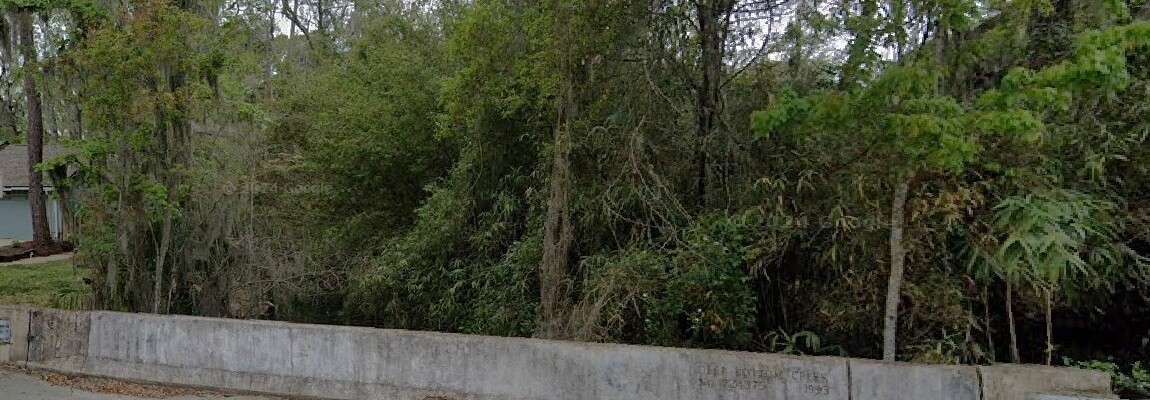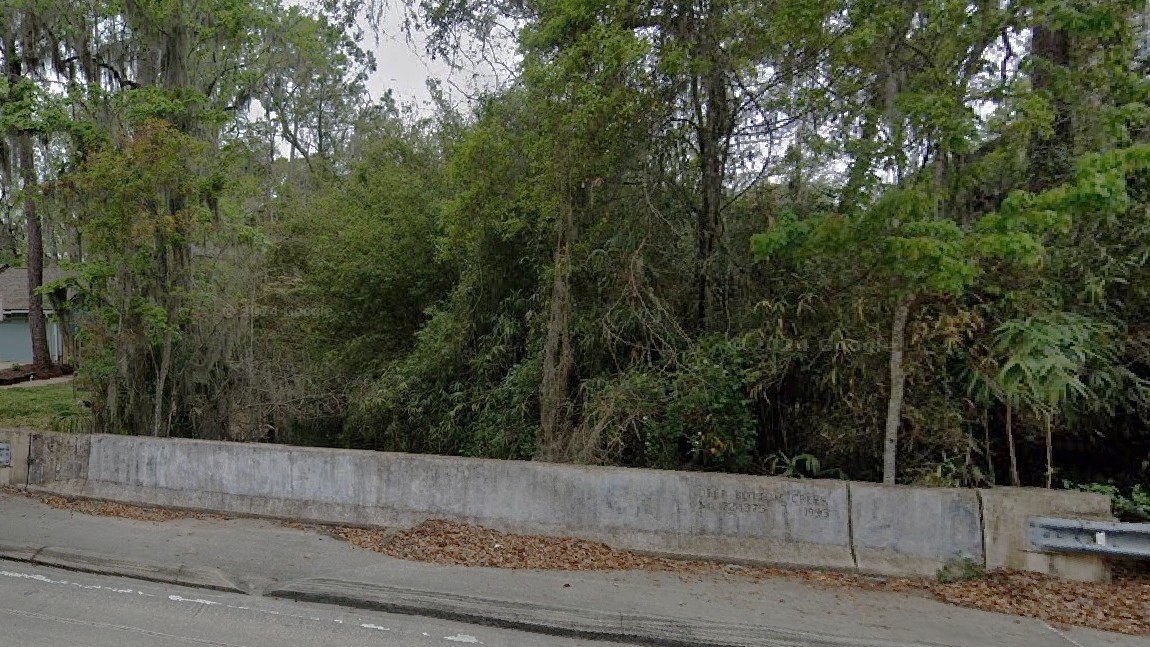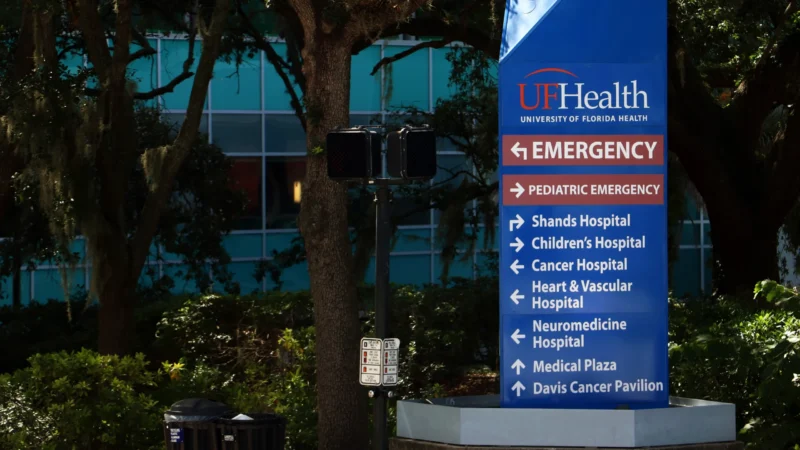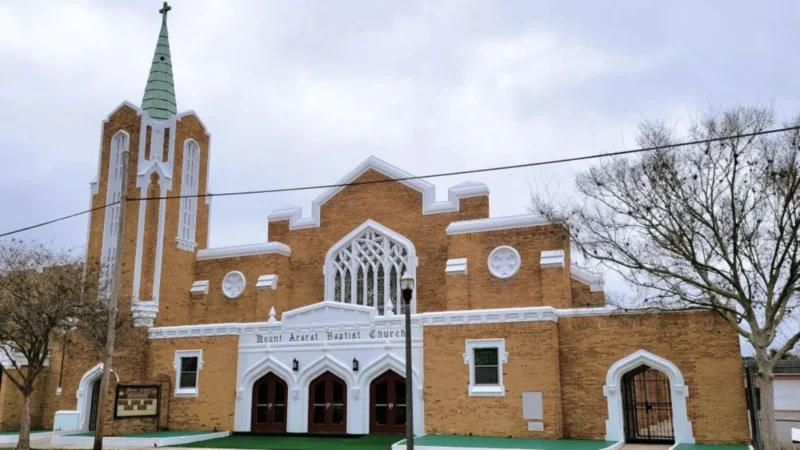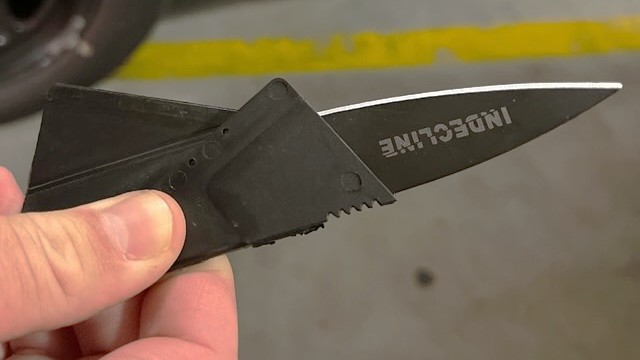Q: As the 2025 Atlantic Hurricane Season kicks off, concerns about flooding along Duval County’s dozens of creeks during storms resulted in this question from Jacksonville Today reader Tessa D.
She had a specific question after wondering who decides if one of those creeks needs dredging to prevent flooding into neighborhoods?
“I’m curious what would qualify Deep Bottom Creek for city funds to dredge?,” she asked of a creek in Mandarin. “There are many creeks throughout Jacksonville that are more traveled by the public.”
“How is creek dredging decided?”
A: Deep Bottom Creek runs east of San Jose Boulevard south of I-295, heading west under Scott Mill Road south of Scott Mill Lane, then flowing into the St. Johns River. It runs through dozens of neighborhoods, many with homes along its waterway, a few with docks or boathouses. For years, residents have had concerns about the creek’s inability to drain during heavy rains and its tendency to clog in places with sand, meaning they can’t boat in it. They worry heavy rains could cause it to flood their properties.
When Tessa D.’s was posed to city officials, the Public Works Department responded.
“The residents and the Council Member (Michael Boylan) feel the waterway was impacted by a multitude of upstream issues, including FDOT construction and COJ construction,” the response said. “As such, he was amenable to the residents’ request for COJ to pay for the design and permitting of the dredge project.”
Boylan, who represents Mandarin, filed a bill in 2023 that authorized a dredging project funding agreement that appropriated $15,000 from the city’s General Fund for preparation work. The bill was approved, and the Public Works Department said that it was designated as the city’s oversight agency for the project.
The city did the planning and engineering phase of that Deep Bottom Creek project, the $15,000 paying for surveying, permits and applications costs and other activity associated with the initial dredging, the bill summary said.
As of right now, “construction funding has not been identified, but the council member has indicated he would like COJ to fund the construction,” Public Works officials say.
“Typically, COJ would only perform dredge work if access to public facilities (boat ramps) were impeded or if drainage issues were created to COJ owned and maintained systems,” the Public Works statement concludes. “However, if an ordinance is passed that indicates Public Works is to perform work, we follow the directive of the ordinance.”
Boylan says ideas to get the basin dredged “well precedes my time on the council,” adding that the prior administration agreed to include it in the Capital Improvement Plan “if the neighbors agreed to maintain it thereafter.”
A special taxing district was created for that purpose, while the past and current funding bills are covering the cost of the surveying required by the Florida Department of Environmental Protection. Now he says he plans to nudge it into action.
“Because the current administration is not willing to include it in the Capital Improvement Plan, I plan on using some of the Community Benefit Agreement funds to honor the commitment made to the neighbors,” Boylan said.
That benefit agreement was approved last September by the City Council, and offers $40 million over 15 years for community projects all around Duval County. It is part of the $1.4 billion EverBank Stadium renovation deal between the city and Jacksonville Jaguars.


